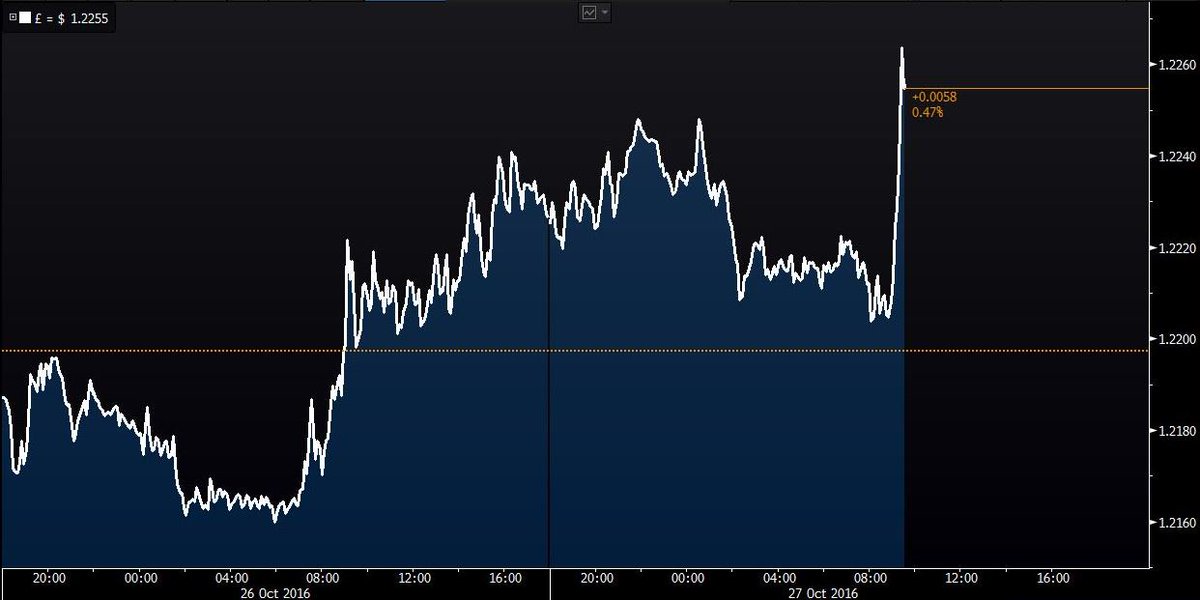
Now read the rest of the story from
mauldineconomics.com/the-10th-man.
Here's an excerpt.
----
I have been saying this for quite a while, but nobody is listening to me.
This is not a good Fed. They aren’t making decisions on a
predictive, forward-looking basis. They are very concerned about optics,
appearances—how things look. And to them, right now the optics of
having Fed funds at 0.375% with unemployment at 5% are very bad.
But that isn’t how it’s supposed to work. The Fed has a few hundred
PhD economists who are supposed to be doing the heavy mental lifting,
trying to predict what is going to happen in the
future. And the future doesn’t look so good. The data is weakening, not strengthening. And yet here we are, talking about rate hikes.
There are other considerations.
The first is politics. Everyone at the Fed down to the janitor has
spent the last few months denying any political influence in monetary
policy decisions, which means that, of course, there is political
influence in monetary policy decisions. If the rate hike comes in the
first FOMC meeting after the election, in December—it won’t be a
coincidence.
But there’s more to it than that. We are beginning to learn that the Fed (much like the Bank of Canada) takes
fiscal policy
into account when making monetary policy decisions. And fiscal policy,
up until this point, has not been all that stimulative. But it will be,
soon.
The bad news is that either Trump or Clinton will become president.
Bad if you’re a deficit scold, like me. Clinton wants to raise taxes and
spend the money on free stuff (like college tuition and
infrastructure). Trump wants to cut taxes and spend even more (on a
wall, and infrastructure, and the military).
Either way, we are staring down the barrel of quite a bit of fiscal “stimulus.”
A few Fed speakers have hinted that they are taking this into account in their forecasts (you can read more details
here).
To the extent that you think government spending causes economic growth
(a tenuous relationship, for sure), the central bank should respond by
keeping monetary policy
tighter than it ordinarily would. Which
means that the Fed is more likely to hike rates right after the
election. Maybe because of politics, but also because of projected
fiscal policy.
When I mention rate hikes to people, they are very dismissive. The
Federal Reserve has disappointed many investors who were betting on rate
hikes for many years. It is a classic boy-who-cried-wolf scenario. Of
course, I have been saying since the SIC conference that a rate hike was
imminent, so we shall see.




